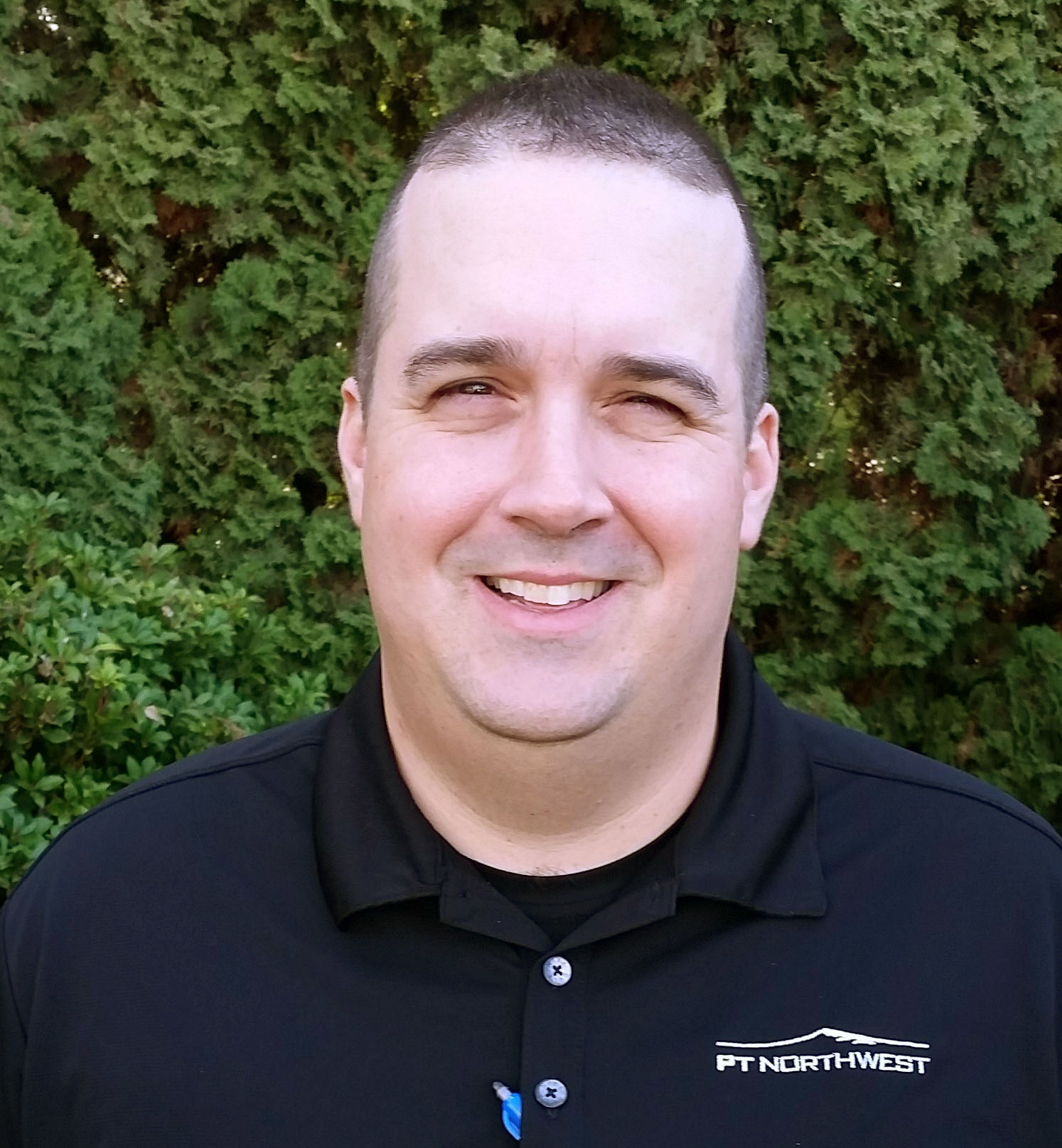
Article reposted from Polk County Itemizer Observer
Author: Lukas Eggen
Oregon State University’s baseball team was in the midst of a historic season.
#The Beavers earned a No. 1 national ranking and advanced to the College World Series in Omaha, Neb. Athletic trainer Jeremy Ainsworth couldn’t help but enjoy the ride.
#“The season was unbelievable from any perspective,” Ainsworth said. “It was a great staff and a great group of guys to work with all year.”
#Ainsworth arrived at Oregon State last fall after serving as athletic trainer at Central High School. Despite being in a new job and the Beavers being in the national spotlight, Ainsworth didn’t feel overwhelmed due to his drive to keep kids safe and healthy, regardless of whether they’re a JV athlete in high school or playing for a national title in college.
#“When it comes down to it, working to keep athletes safe on the field and working on preventing, evaluating and treating injuries is the main focus at any level,” he said.
#During his time with the Panthers, Ainsworth was well-liked and well-respected by student-athletes and coaches. Ainsworth, a Central High graduate, knew it would take a special opportunity to get him to leave.
#That’s what he found at Oregon State.
#“It was a great opportunity for sure to return to the collegiate level with a great staff, amazing baseball program and at my alma mater,” Ainsworth said.
#Ainsworth became an assistant athletic trainer with Oregon State last fall and began working primarily with the baseball program.
#“It’s not that different from a professional standpoint. … Really, with athletic training and injury management aspect, dealing with an ankle sprain with a football player and baseball player isn’t that much different until you get to some more advanced functional progressions.”
#The biggest challenge had little to do with resources or scheduling.
#“The biggest challenges were probably coming into the position following up after a guy who had been there for a number of years and was beloved by the coaches, staff and players, and getting to know everyone and their routines and becoming part of their family, while making it my own to some extent, too,” Ainsworth said.
#It was a challenge he was well-equipped to tackle.
#“My time at Central was amazing,” Ainsworth said. “It was great to come back to the community I grew up in and my alma mater and continue to develop as an athletic trainer, grow the services available to the students and work with a great group of coaches, administrators, student-athletes and their families.”
#Ainsworth’s new gig with the Beavers didn’t happen overnight and took lots of dedication, studying and a desire to always improve and learn new and better ways to keep athletes safe. His advice to any future athletic trainer? Never be satisfied.
#“Work hard, be professional and get involved with your state and national organizations,” Ainsworth said. “Volunteer and give back to your community. Cultivate relationships and always try and better yourself.”
